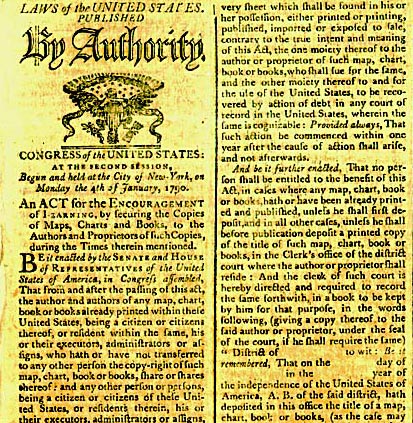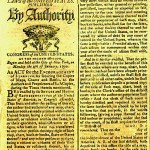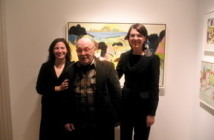During the past year, the U.S. Copyright Office conducted a study and organized a number of public discussions about the potential change in current copyright law that surrounds the use of what is known as "orphan works". According to the U.S. Copyright Office website, orphan works are defined as, ". . . copyrighted works whose owners are difficult or even impossible to locate." Congress is currently holding hearings to decide whether or not to change the existing copyright law to allow more freedom to creators by allowing less restricted access to use and recombine past works that have, “ . . . little or no commercial value", especially if ownership is uncertain.
Various groups are currently debating the merits of the new orphan works legislation. According to the Illustrators Partnership of America, the measures are 28 years retroactive and, “. . . would affect any work - old or new -that's been published without identifying information." The new legislation would impact the rights of all creators, allowing anyone to use works that are not properly credited.
Eldred, a coalition of professionals devoted to protecting knowledge in the public domain, argue that the existing copyright laws in relation to orphan works, “ . . . make unavailable an extraordinary range of creative material for next generation's creators." They point out further that that certain works that only exist in hard copy, like books and films, are unable to be protected or restored because the original owner can't be identified or do not know they have the copyright.
To read more about the various debates, see the links below. Any party interested in voicing an opinion prior to any future legislation may write to the U.S. Copyright Office and provide public comments on the subject.
- Snippet of the first U.S. copyright law, as printed in the Colombian Centinel, July 17, 1790.
U.S. Copyright Office - Orpan Works
The Illustrators' Partnership
American Society of Media Photographers
freeculture.org
eldred.cc
Image courtesy of www.earlyamerica.com





